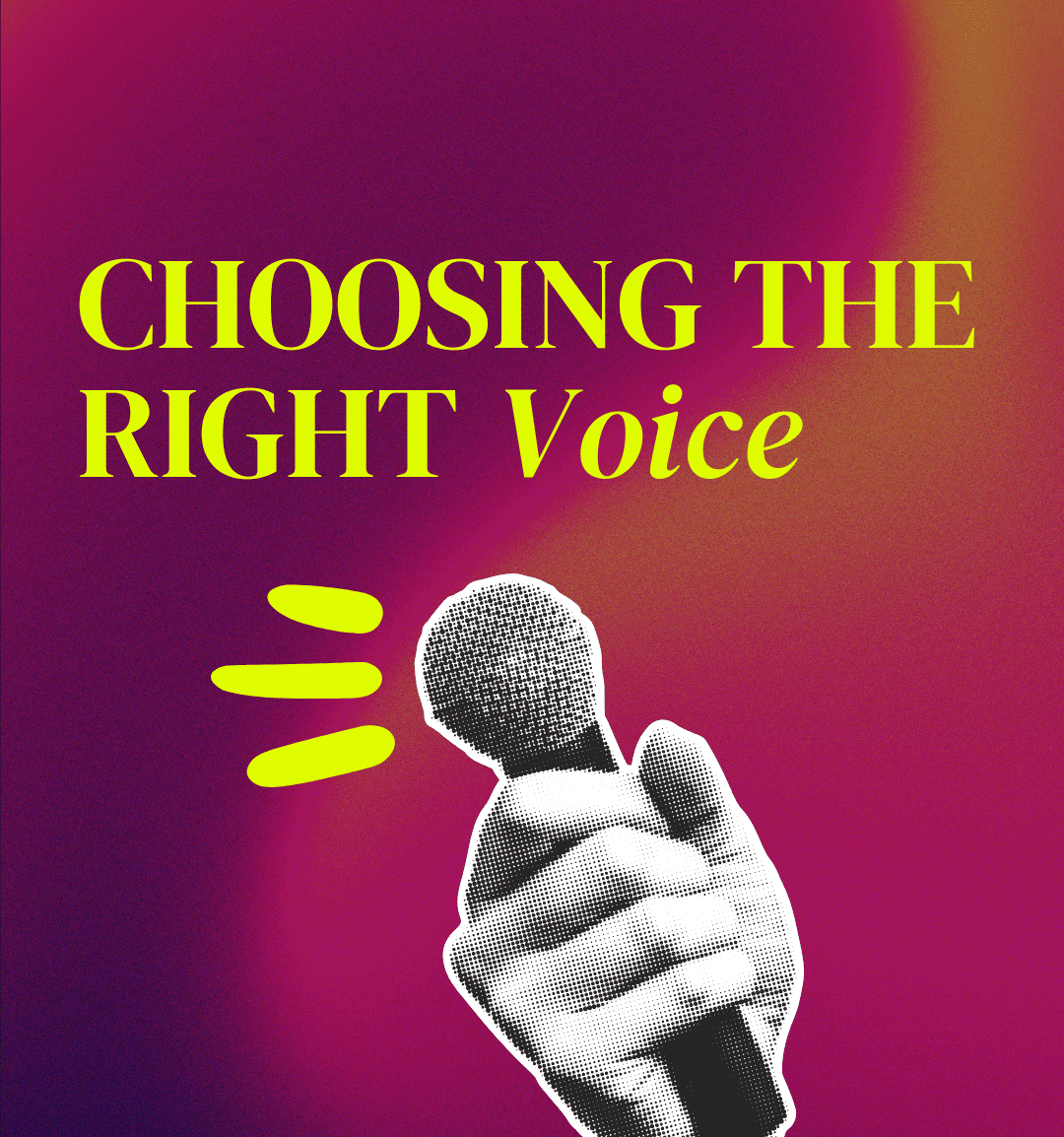
So, you’re embarking on a project that requires Arabic voice-over. Congratulations! Connecting with over 300 million Arabic speakers is a powerful opportunity. But before you dive in, there’s a crucial decision to make: choosing the perfect Arabic voice. The right voice can elevate your project, resonate with your audience, and deliver your message with impact. The wrong voice? Well, that can lead to missed opportunities and a message that falls flat.
Choosing the right voice isn’t just about finding someone who speaks Arabic. It’s about understanding your project’s needs, your target audience, and the nuances of the Arabic language and culture. Here’s a step-by-step guide to help you find the perfect Arabic voice for your project:
- Define Your Project’s Purpose and Tone:
Before you even start listening to voice samples, take a step back and clearly define your project’s goals. Ask yourself:
What is the purpose of this voice-over? Is it to inform, entertain, persuade, or educate?
What is the overall tone you want to convey? Is it serious, playful, authoritative, friendly, or sophisticated?
What are the key emotions you want to evoke? Do you want to inspire trust, create excitement, or build empathy?
The answers to these questions will help you narrow down your search and identify the type of voice that best suits your project.
- Know Your Target Audience:
Understanding your target audience is essential for choosing the right Arabic voice. Consider:
Age: Are you targeting children, teenagers, adults, or seniors?
Gender: Is your audience primarily male, female, or a mix?
Location: Are you targeting a specific region or country within the Arab world?
Cultural Background: What are the cultural values and sensitivities of your target audience?
Education Level: What is the average education level of your audience?
The more you know about your target audience, the better you can choose a voice that resonates with them on a personal level.
- Consider Dialect and Accent:
Arabic is a diverse language with many different dialects and accents. Choosing the right one is crucial for ensuring that your message is understood and well-received.
Modern Standard Arabic (MSA): This is the formal, standardized version of Arabic used in news broadcasts, official documents, and educational materials. It’s widely understood throughout the Arab world.
Regional Dialects: Each region has its own unique dialect, such as Egyptian Arabic, Levantine Arabic, Gulf Arabic, and North African Arabic. Using a regional dialect can help you connect with a specific audience on a more personal level.
Consider your target audience and the purpose of your project when choosing a dialect. If you’re targeting a broad audience, MSA may be the best choice. If you’re targeting a specific region, a regional dialect may be more appropriate.
- Explore Voice Samples and Demos:
Once you have a clear understanding of your project’s needs and your target audience, it’s time to start exploring voice samples and demos.
Listen Carefully: Pay attention to the voice actor’s tone, pacing, pronunciation, and overall delivery.
Consider Versatility: Look for voice actors who can adapt their voice to different styles and genres.
Check for Experience: Look for voice actors who have experience working on similar projects.
At THE ARABIC VOICE™, we offer a diverse catalog of hand-picked native Arabic voice actors, each with outstanding voice acting skills and peerless linguistic capabilities. Explore our voice catalog to find the perfect voice for your project!
- Don’t Be Afraid to Ask for Custom Demos:
If you can’t find exactly what you’re looking for in the voice catalog, don’t hesitate to ask for custom demos. Provide the voice actor with a sample of your script and ask them to record a short demo in the style you’re looking for. This will give you a better sense of their capabilities and whether they’re the right fit for your project.
- Consider the Studio and Production Quality:
The quality of the recording and production is just as important as the voice itself. Make sure you’re working with a studio that has state-of-the-art equipment and experienced sound engineers.
At THE ARABIC VOICE™, we use only the best high-end recording equipment to ensure that our recordings are of the highest quality.
Choosing the perfect Arabic voice for your project is a critical decision that can have a significant impact on its success. By following these steps, you can ensure that you choose a voice that resonates with your target audience, delivers your message with impact, and elevates your project to the next level.
Ready to find the perfect Arabic voice for your project? Contact THE ARABIC VOICE™ today to discuss your needs! Kontaktiere uns: record@thearabicvoice.com